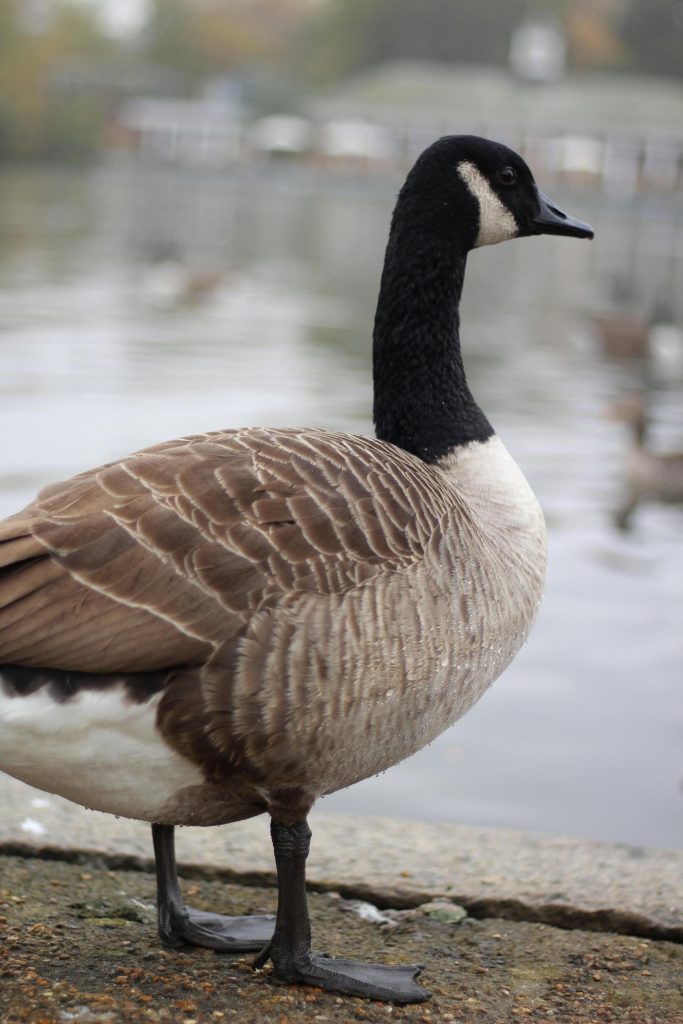
New City, NY – The Rockland County Department of Health has confirmed its first case of H5N1 avian influenza, commonly known as bird flu, in a wild bird within the county. A Canada goose found at a local lake tested positive for the virus, according to recent results from Cornell University’s College of Veterinary Medicine.
The detection was part of ongoing surveillance efforts conducted by the New York State Department of Environmental Conservation (NYSDEC) and the United States Department of Agriculture (USDA) Animal and Plant Health Inspection Service. Bird flu is prevalent among wild birds worldwide and has also led to outbreaks in poultry and dairy cows. While several recent human cases have been reported among U.S. dairy and poultry workers, the overall risk to the general public remains low.
“Anyone who is a hunter, backyard flock owner, or works with sick or potentially infected animals are at higher risk for bird flu and appropriate precautions should be taken,” said Dr. Chitra Punjabi, Director of TB and Communicable Disease Control at the Rockland County Department of Health. She emphasized that people who do not have direct contact with sick animals face minimal risk.
Health officials advise residents to avoid contact with wild birds and other animals to prevent the spread of disease. If a dead bird or animal is found, it should not be touched with bare hands. Instead, individuals should wear disposable gloves, a mask, and eye protection, using a shovel to handle the animal. The remains should be securely triple-bagged and placed in an outdoor trash can. Afterward, hands and clothing should be thoroughly washed with soap and hot water.
While finding a single dead bird does not need to be reported, multiple dead birds in the same area should be reported using the NYSDEC Avian Influenza Reporting Form.
Additional safety guidelines include:
- Keeping a safe distance from wild animals to avoid both injury and disease.
- Contacting animal control if an animal is acting strangely.
- Refraining from feeding, petting, or adopting wild animals.
- Avoiding handling of unfamiliar animals, even if they appear domesticated.
- Backyard poultry owners should report any signs of illness to the New York State Department of Agriculture and Markets at (518) 457-3502.
For more information on avian influenza and wildlife safety, visit the Centers for Disease Control and Prevention’s H5N1 resource page or the New York State Department of Health website.
4o


